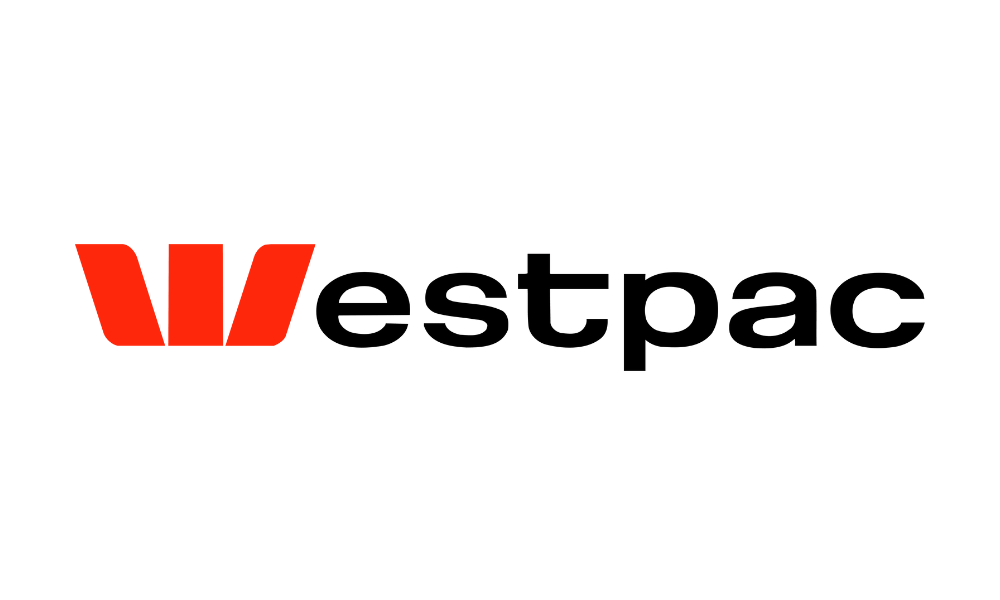Rate cut nerves continue to weigh on public

Sentiment among Australian consumers remains on the pessimistic side, having soured for two months running, according to Westpac’s latest data print.
The Westpac–Melbourne Institute Consumer Sentiment Index, published on Tuesday. showed a 0.7% decline this month, following a heftier 2% drop in December.
However, the data revealed a bright spot among those currently paying off their mortgages. While renters and outright homeowners recorded further pessimism in their assessment of their personal finances, mortgagors recorded a 15% month-on-month increase.
According to Westpac’s chief economist Luci Ellis, this was likely a result of the emerging benefits of tax cuts implemented by the Labor government midway through 2024.
Effective from July 1, Prime Minister Anthony Albanese’s government reduced the 19% tax rate to 16% and the 32.5% tax rate to 30%.
“Mortgagors are less likely to be retired than the other two groups and thus more likely to have benefited from last year’s tax cuts,” noted Ellis.
“Still, the result highlights that the positive impact of the tax cuts on take-home pay needs to be balanced against all the other factors that have been dragging on families’ finances, including ongoing cost-of-living pressures,” she added.
Mortgagors are also comparatively more optimistic that the Reserve Bank of Australia (RBA) will go ahead with an interest rate cut in February, aligning with the expectations of ANZ analysts, who predict a 25-basis-point cut next month.
Westpac, however, remains more pessimistic on this front. Alongside today’s Consumer Sentiment Bulletin, the bank reaffirmed the board’s stance that the RBA will leave interest rates unchanged in February, “with an easing expected to commence in May”.
The consumer sentiment data also showed that consumers across the board have become more pessimistic on the outlook for house prices, particularly in Queensland, South Australia and Tasmania.
“It is possible that consumers were reacting to news about the depreciation of the Australian dollar against the US dollar, which resulted in some negative headlines about the outlook for interest rates and the broader economy,” said Ellis.
Westpac data ‘doesn’t necessarily line up’
While National Mortgage Broker (nMB)’s managing director Gerald Foley agreed that business sentiment in the broker channel remains “patchy”, he contended that Westpac’s latest consumer sentiment report “doesn’t necessarily line up with what we are hearing from our broker network”.
Most brokers are back from the holiday break (if indeed they treated themselves with a break at all) and “are filling their calendars very early in the year with new opportunities”.
Foley said that, while there are fewer transactions going around, debt reconstruction is “still fairly strong”.
He continued: “Over the years, I’ve come to realise that the expectation of the next rate movement being downwards is almost as beneficial as the cut itself.
“That is where we are now in this market…borrower expectation is that rates are coming down, just not sure when, so let’s start looking at opportunities.”
Foley expects consumer confidence to improve steadily over 2025, albeit with a few speed bumps along the way, including potential volatility when the election comes around.
“Once we are through that then I feel the year will bounce back strongly,” he added.
Bankwest’s general manager of third-party banking Ian Rakhit said the current market conditions and lingering effects of the cost-of-living crisis “don’t appear to have altered the aspirations of many Australians to achieve their home-ownership goals”.
“Despite multiple factors converging to create challenges in the property market, we continue to see resilience from homeowners, and from those who aspire to achieve the great Australian dream of owning their own home,” added Rakhit.



